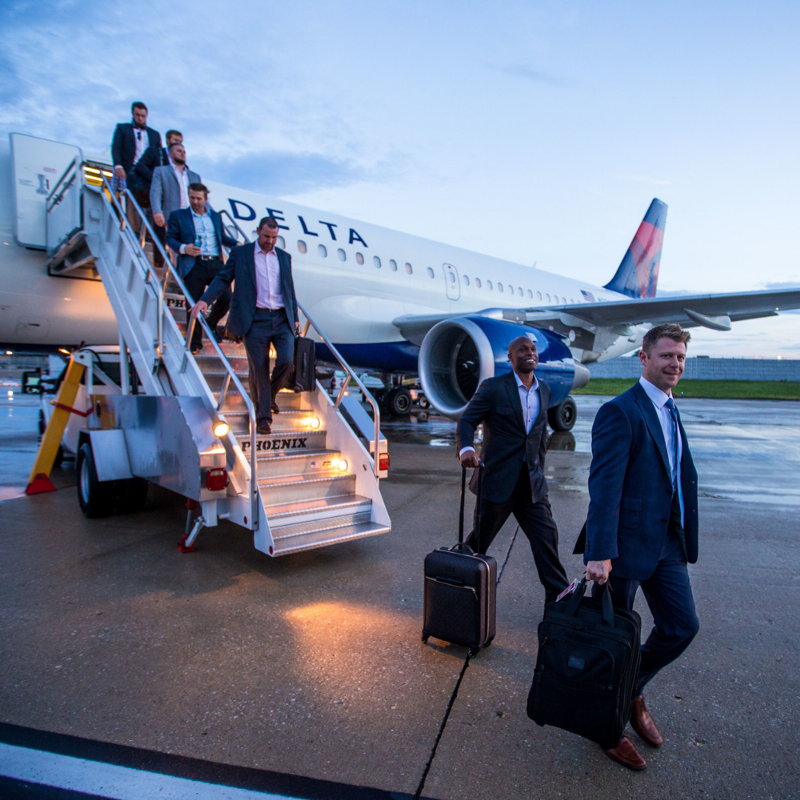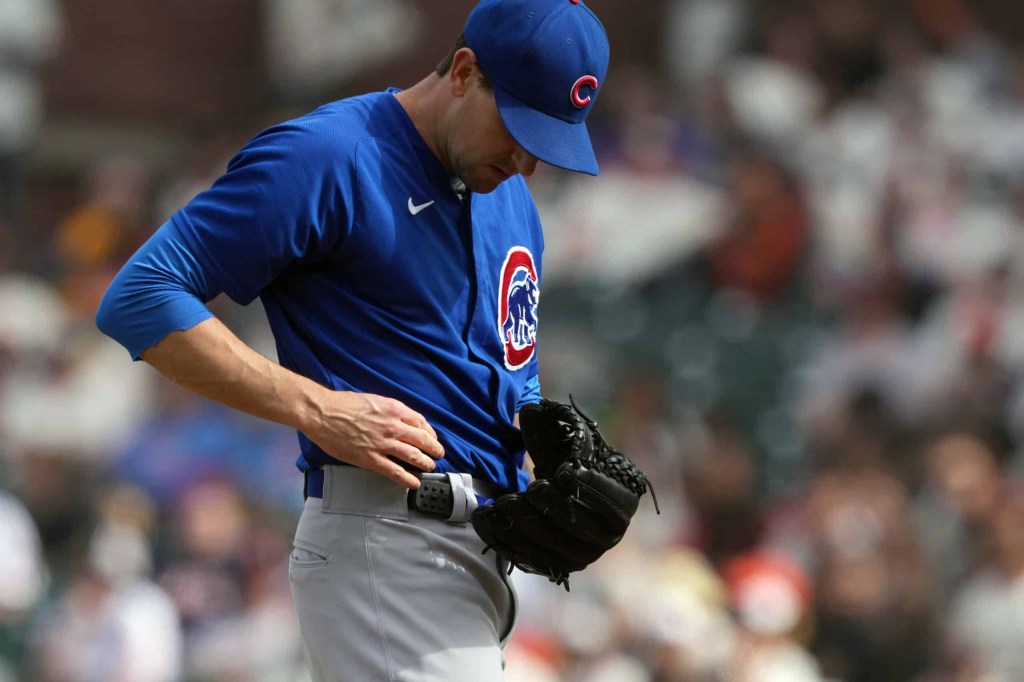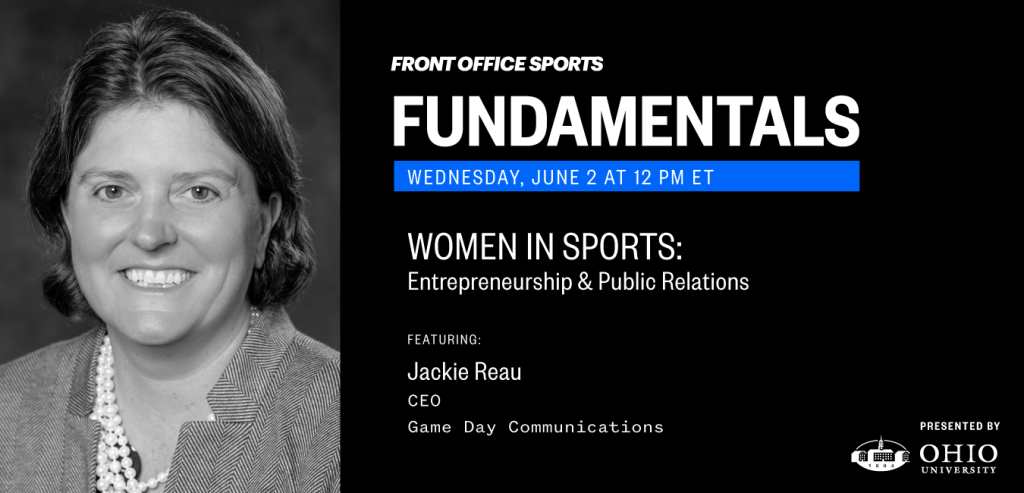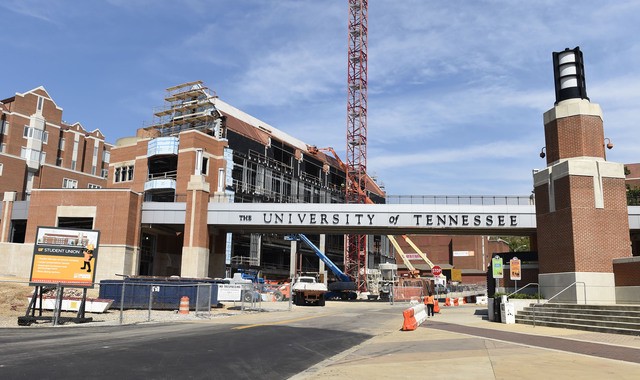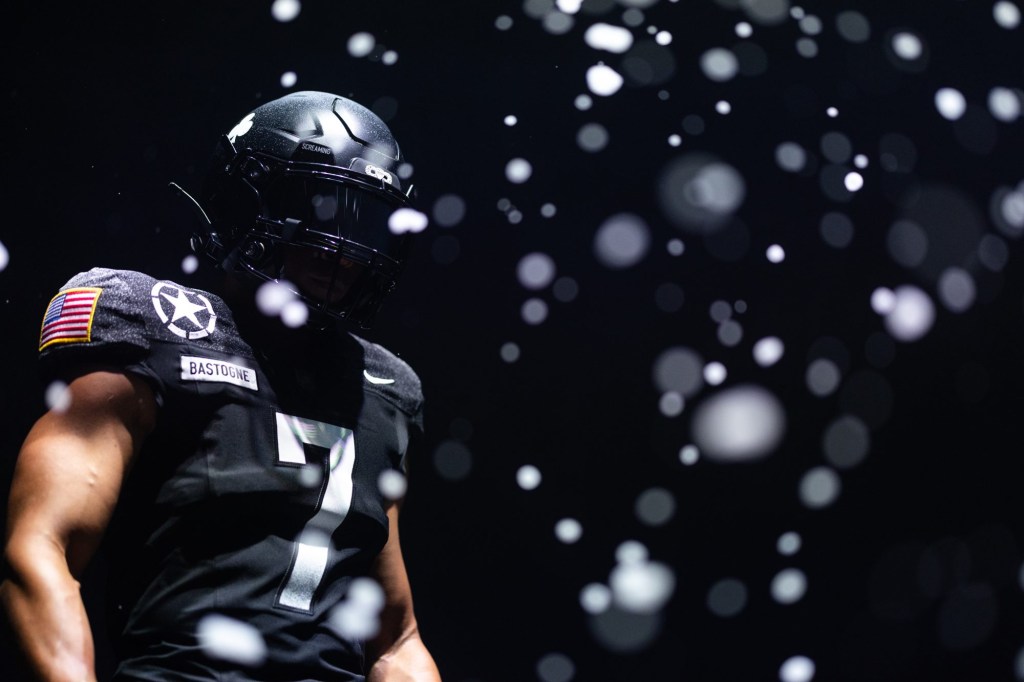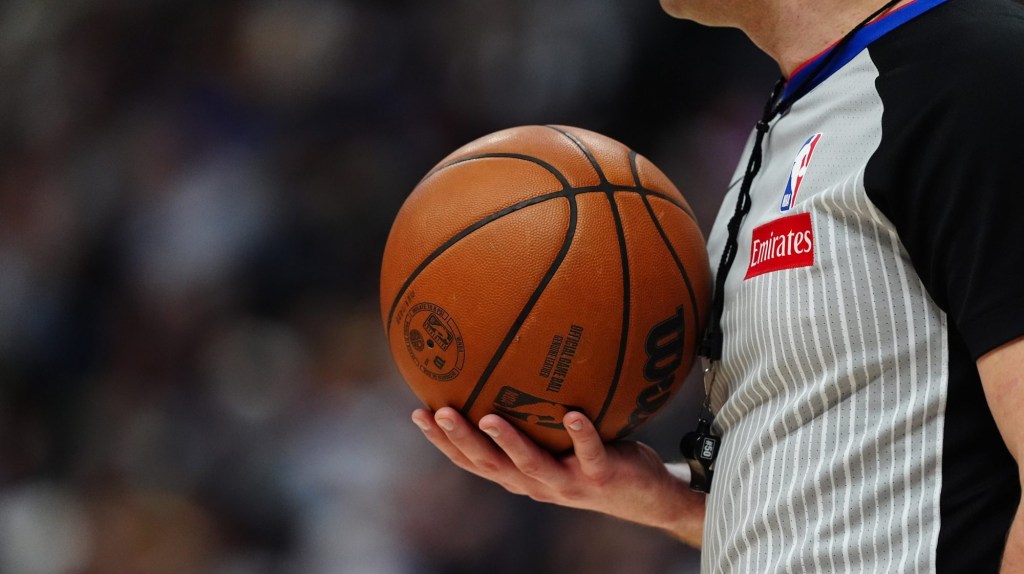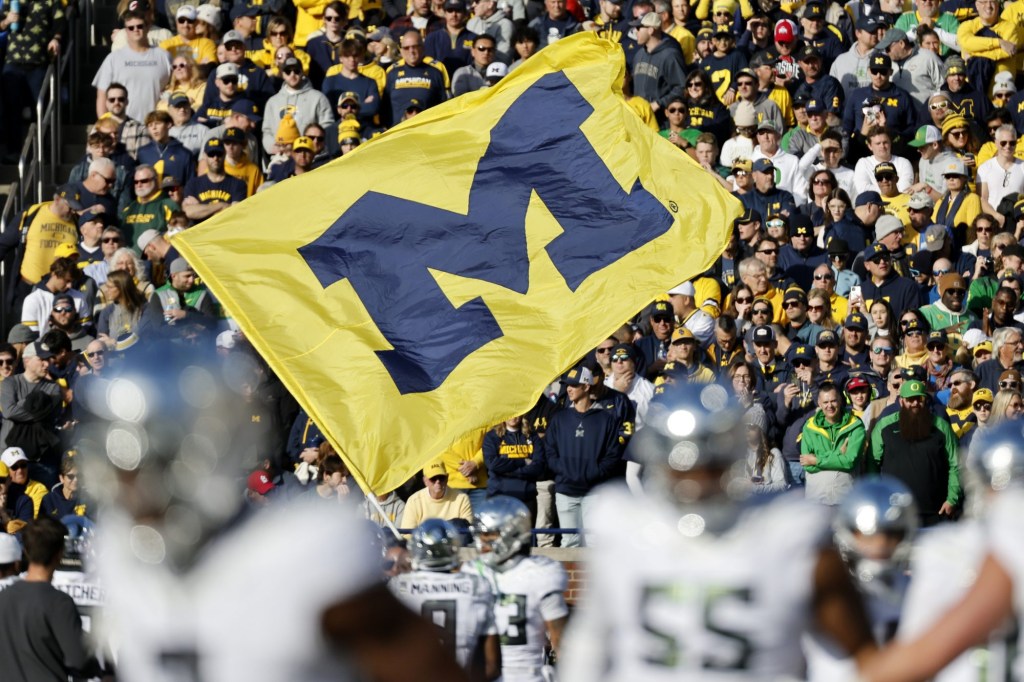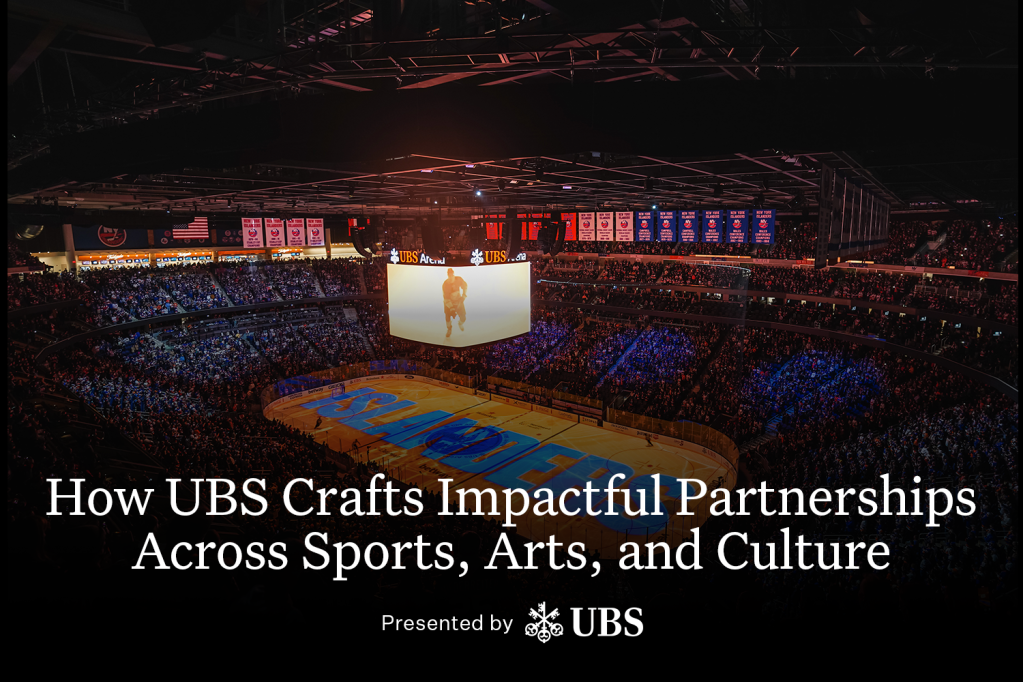By: Austin Weaver, @AustinTWeaver
The Career
“My career started in high school, I loved baseball but knew I wasn’t going to continue playing beyond graduation. That led me to the University of Wisconsin, where I met a bunch of like-minded individuals.”

It was at the University of Wisconsin that Morse decided that he was interested in the Public Relations/Communications field and more specifically working for a Major League Baseball franchise. “Throughout college I tried to reach out to people, through letters and phone calls, and realized that MLB teams had small PR firms within the front office. My first go at finding an internship didn’t go so well. I sent my resume out to about 8–9 teams and received 8–9 rejection letters.”
Looking back on those rejections, Morse knew that he needed to find ways to stand out among his peers. “This was around my Sophomore/Junior year, I was told that my classmates were my friends but they were also my competition when it came to finding a job. That was when I started volunteering around campus with different departments in order to build up a resume that showed I was being proactive and trying to gain valuable experience.”
After spending a year adding experiences to his resume, Morse was able to land a summer internship at the National Baseball Hall of Fame. “The next go around was much more successful, I wrote to the Hall of Fame and was offered an opportunity to spend my summer there. It just so happened that it was the year Minnesota Twins legend Kirby Puckett was inducted. It was a dream come true for me, and I was able to learn a lot about the history of baseball. I joke that my baseball career really got started where many hope to end theirs.”
The learning experiences and relationships that were made during that summer would be useful only half a year later. A December graduate, Morse picked out around 5 teams in markets that he felt he could afford living in, and sent out his resume. “I was invited in for 4 interviews after graduation, the first being with the Cubs. The Cubs offered me the position before I had the chance to interview with the other teams, and respecting the other applicants and teams, I declined those interviews and accepted the position with the Cubs.”
In 2002, the Cubs went 67–92, a season that Morse credits for his professional growth. “The Cubs were the lovable losers, which taught me a lot about what it takes to work in the industry. Chicago at the time had about 6 newspapers, several other media outlets and WGN. I learned a lot about winning and losing and how that affects people’s jobs. The Cubs made a manager change during the season, which devastated me. I had become really close with Don (Baylor) working with him every day. I was green and didn’t really understand the things that went into rebuilding a team. I quickly learned that helping clean things up was part of the job, and that I couldn’t get too attached to the roster because changes can happen at any time. It was everything you could want to get out of an internship, I got to see exactly what working in this industry was like, and I loved it.”

Fresh off of his year with the Cubs, Morse was looking for a full-time job. “There are maybe 120 jobs in baseball PR, 90 of which I wasn’t qualified for. So there were 30 jobs out there I was qualified for, of which there might be a handful of openings. I tapped into my resources and reached out to people I had cultivated relationships with and was pointed to the Texas Rangers, who had one opening. I was lucky enough to interview and was offered the job shortly after. Next thing I knew, I was moving to Arlington. I had a fun and unique experience in Texas, but lost my job around November. The Rangers were restructuring the entire organization and my position was being eliminated. So there I was, 23 and my dream job had just been taken away from me. Where I sit today, it was probably one of the best things that could have happened to me. It taught me that, in this industry, you can lose your job for something completely out of your control.”
With a year of full-time experience, Morse wasted no time reaching out and looking for opportunities. “In PR, you travel a lot and make connections with your counterparts within other organizations. I was advised to contact the Padres, who were in the process of building a new ballpark and looking to expand their PR department. I interviewed with the Padres during the Baseball Winter Meetings and ended up getting that job. Next thing I knew, I was living in San Diego, and it was great. Working for the Padres was an experience I will never forget. We were trying to change the Padres identity which made it a fun time to be a part of that team. I spent two solid years in San Diego, and thought I would spend the rest of my career there.”
It is often said that opportunity knocks when it is least expected, something that Morse experienced first-hand. “People knew I was from Minnesota, and in 2006, the Twins called and asked me if I would interview for an upcoming opening. The Twins had received permission from the Padres, so I went ahead and did the interview and was ultimately offered the job. This led me to make a very difficult decision; I had the opportunity to work for my hometown team, but that meant leaving the dream job I already had.”
The opportunity to work for a hometown team is a dream for most people that aspire to break into the industry, and was enough to bring Morse back to Minneapolis and the Twins. “I haven’t looked back since I got to the Twins. I started as a Manager and am now the Senior Director (Communications). I don’t take anything for granted, and I am very fortunate to work with the Twins.”
In the sport industry, there are rarely any days that might be classified as routine, but Morse gave the following run down of what he works on during a day in the office. “I oversee all of our communications department, baseball communications, business communications, media relations, player relations, photography, publications and our club archives. This all comes together with the talented team that I have around me. The people I am fortunate enough to work beside everyday are able to help with any of these areas. With so many different ways to share information, we try and send our information through as many channels as possible. I am aggressive in our approach to Twitter, I see it as the best way to share our information with our fans. Our team president, Dave St. Peter (@TwinsPrez) is the same way, he is very good at sharing information from his desk out to the Twins following. Working for the Twins is great because my job description doesn’t define who I am, or how I do my job. They (Twins) really allow me to form the job description around the work I am doing.
The Advice
So what advice does Morse have to offer students looking to work in PR and Communications? “Do things that will separate yourself from others. We get a couple hundred applications every year for our internship position. We look at how involved they were/are on campus. I can teach someone how to do the work we are doing, but I can’t teach time management or the ability to handle the pace at which we work. Working in baseball you have to be ready to handle the unexpected. I don’t want to scare anyone off, but I try and make myself available at all times. You can’t control when breaking news happens, so you have to stay aware of what is happening around you. We don’t have weekends and holidays off, we get our schedule from Major League Baseball and we pretty much know where and when we will be working”.

“If you get an interview, do your homework on who you will be talking to, the team’s roster, and the people in the organization you will be working with. Our department spends a lot of time together, we don’t want to hire a robot, we want to hire someone that we get along with and can have fun while still getting our job done.”
The career path of Morse is a great example of how building relationships and a strong network with others in the industry can lead to new opportunities. Instead of the typical question on the importance of networking, I instead asked about one thing that young professionals are doing that Morse wishes would stop. “I try and pay it forward with the younger employees and the next generation, but one of my biggest pet peeves is when I get an email from someone asking to pick my brain or talk about the industry, and then they never call and try to hide behind email. I want to talk to people and help where I can, but I don’t want to have to do all the work. I want to see that they are serious about putting in the work on their end.”
The Reflection Questions

Having worked for many different individuals, Morse offered the following on what he has taken away from his former bosses. “There is something you can take away from everyone you ever work with or for. I can look back and learn from what made my former bosses successful, whether that is how to incorporate a work hard play hard atmosphere, or how you interact with employees. Every day is a learning experience. Now that I manage a staff, I have a better understanding of what pressure comes with being the person people look to for answers.”
Finally, I asked for one thing that Morse would tell himself if he could travel back to the University of Wisconsin. “Be patient. The first 8 years of my career I was always looking forward to the next job instead of the one I had. People always say stop and smell the roses. Once I got to Minnesota things started to slow down. I wasn’t expecting any of my promotions here, they just happened. Enjoy every opportunity you have and learn from people that are offering to teach you. You never know what could be a once in a lifetime opportunity.”
You can follow Dustin on Twitter at @Twins_morsecode
